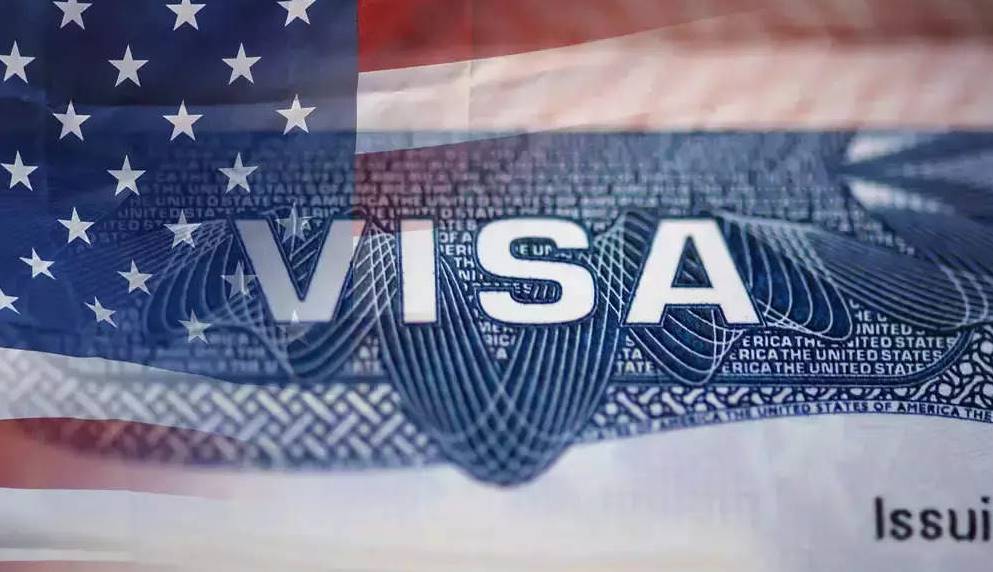US Visa FAQ: Everything You Need to Know

Navigating the complexities of the US visa system can be daunting, especially with the myriad of options and requirements. Whether you’re planning to visit, study, work, or immigrate to the United States, understanding the basics is crucial. Here’s a comprehensive guide to frequently asked questions (FAQs) about US visas, designed to provide clarity and simplify your journey through the application process. US VISA FAQ
Types of US Visas
Before applying for a US visa, it’s essential to determine the type that best suits your purpose. Common visa categories include tourist (B-1/B-2), student (F-1), work (H-1B), and immigrant visas (such as family-sponsored or employment-based visas). Each category has specific eligibility criteria and application procedures.
How Do I Apply for a US Visa?
The application process for a US visa generally involves several steps. First, determine the type of visa you need and check the specific requirements on the official website of the US Department of State. Complete the online visa application form (DS-160), pay the application fee, and schedule an interview at the nearest US embassy or consulate.
What Documents Do I Need?
The required documents vary depending on the type of visa you are applying for. Generally, you will need a valid passport, a passport-sized photo, the DS-160 confirmation page, proof of financial capability to cover expenses during your stay, and documents supporting the purpose of your visit (such as invitation letters or proof of enrollment).
How Long Does the Visa Processing Take?
Visa processing times can vary widely based on the type of visa, the consulate or embassy where you apply, and other factors such as administrative processing. It’s advisable to apply well in advance of your intended travel date to account for any delays in processing.
Can I Work in the US with a Tourist Visa?
No, a tourist visa (B-2) does not permit employment in the United States. If you wish to work in the US, you will need to apply for a work visa such as an H-1B visa, which requires sponsorship by a US employer and approval from the US Citizenship and Immigration Services (USCIS).
What Should I Expect During the Visa Interview?
The visa interview is a crucial part of the application process. Be prepared to answer questions about your purpose of travel, ties to your home country, and ability to support yourself financially during your stay. It’s important to be honest and provide clear, concise answers to the consular officer’s questions. US VISA APPLICATION PROCESS
Can I Extend My Stay in the US?
If you are already in the US on a visa and wish to extend your stay, you may be able to apply for an extension. However, extensions are not guaranteed and are subject to approval by USCIS. It’s important to apply for an extension before your current visa expires to avoid any legal complications.
What Should I Do If My Visa Application is Denied?
If your visa application is denied, the consular officer will provide a reason for the denial. In some cases, you may be able to address the concerns and reapply for a visa. However, it’s essential to carefully review the reason for the denial and seek guidance from an immigration lawyer if necessary.
How Long Can I Stay in the US on a Tourist Visa?
Tourist visas (B-1/B-2) typically allow for stays of up to six months, although the actual duration of stay granted is determined by the immigration officer at the port of entry. It’s important to adhere to the terms of your visa and not overstay, as this can lead to future immigration issues.
What Are the Visa Waiver Program (VWP) and ESTA?
The Visa Waiver Program allows citizens of certain countries to travel to the US for tourism or business purposes for stays of 90 days or less without obtaining a visa. Travelers must apply for authorization through the Electronic System for Travel Authorization (ESTA) before boarding a US-bound flight.
Is There an Age Limit for Applying for a US Visa?
There is no specific age limit for applying for a US visa. However, minors (under 18 years old) are generally required to have parental consent and may need additional documentation such as a birth certificate or guardianship papers when applying for a visa.
Conclusion
Navigating the US visa process requires careful planning and understanding of the requirements specific to your situation. By familiarizing yourself with the visa categories, application procedures, and potential challenges, you can increase your chances of a successful visa application. Remember to consult official resources and seek legal advice if needed to ensure a smooth and informed application process. With preparation and perseverance, you can embark on your journey to the United States with confidence.
